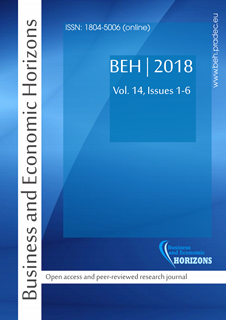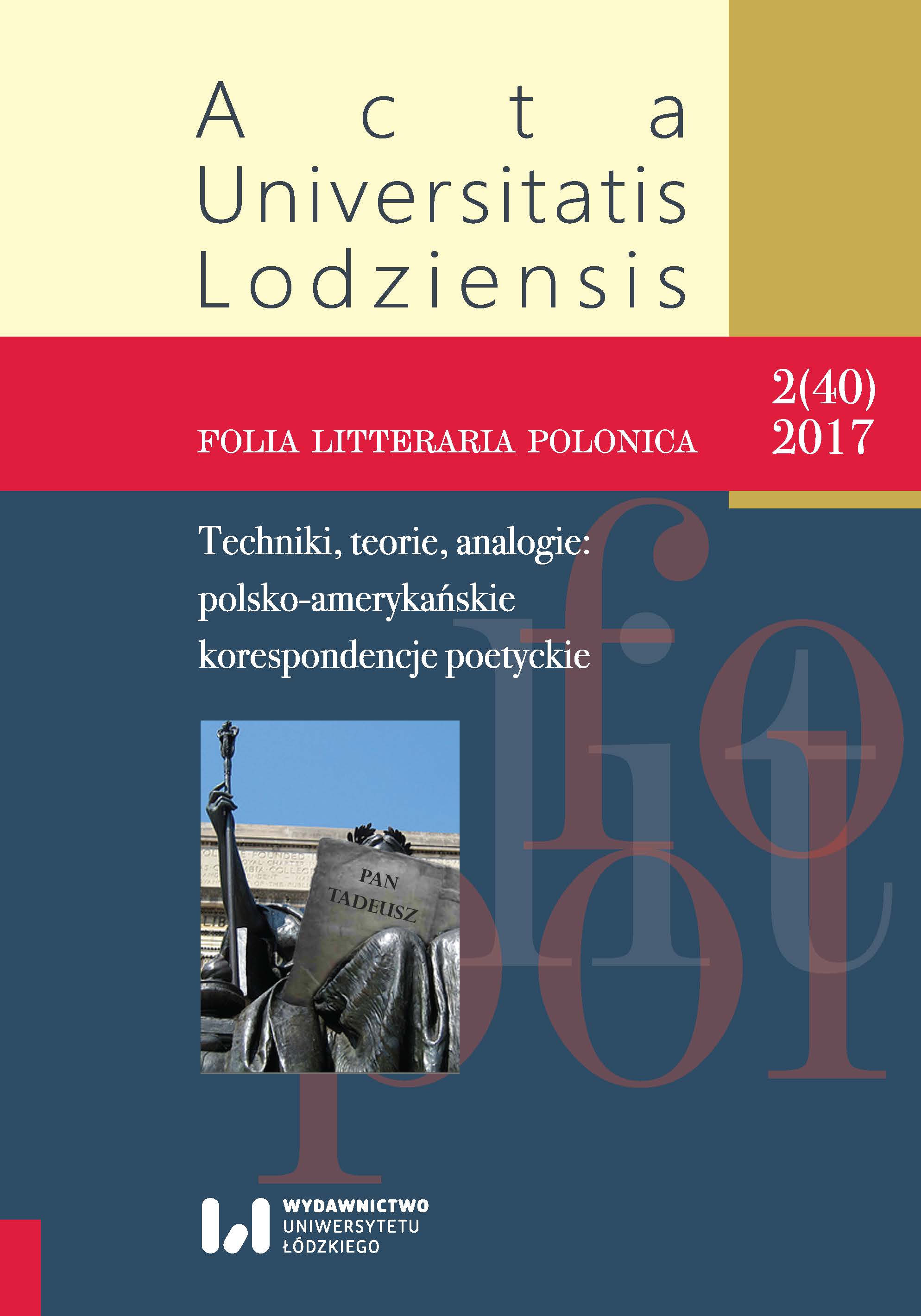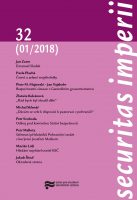
Board diversity, audit committee characteristics and audit quality: The moderating role of control-ownership wedge
This study illustrates how control-ownership wedge impacts the monitoring role of the corporate board through the quality of audit services in Turkey. Turkey has made essential amendments in the field of external audit in order to enhance the quality of the financial report and integrate its own capital market with that of the EU. It would be of interest to examine the influence of these changes on clients' demand for high quality audit. The agency theory is integrated with the resource dependence theory to show that boards possess distinct incentives and ability to demand high quality audit to monitor management activities. Logistic regression and feasible generalized least squares (FGLS) were used for regression estimations. The results indicate that board demographics, cognitive and structural diversity of board of directors, audit committee characteristics and audit quality are complementary and control-ownership wedge weakens the relationship between them which is an unfavorable outcome for minority shareholders. Thus, this study proposes that regulators should increase law enforcement to enhance good corporate governance in Turkey to accommodate the unique features of wedge firms and provide a protected environment for minority shareholders.
More...

